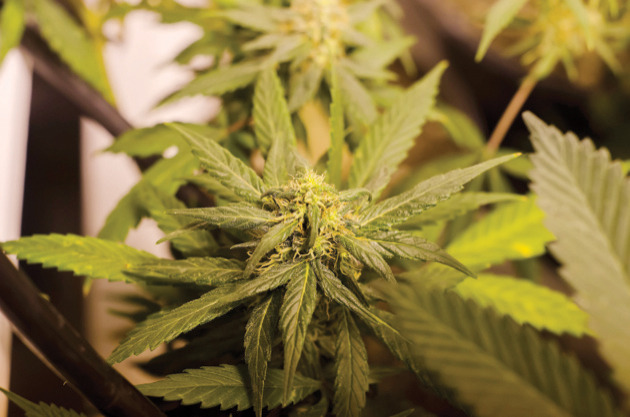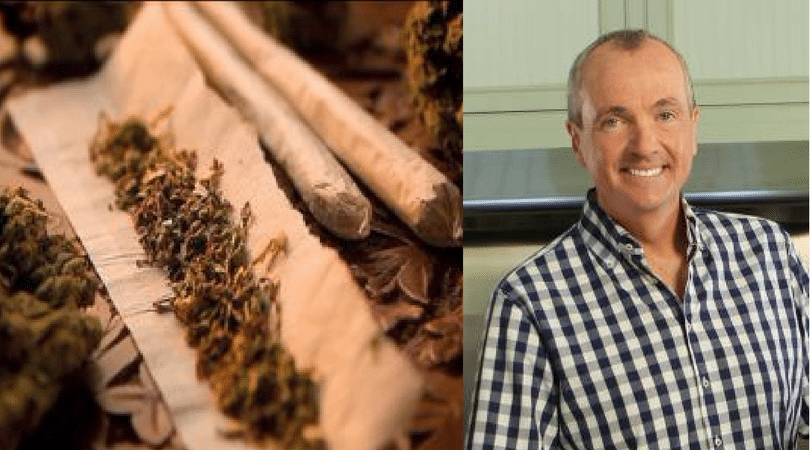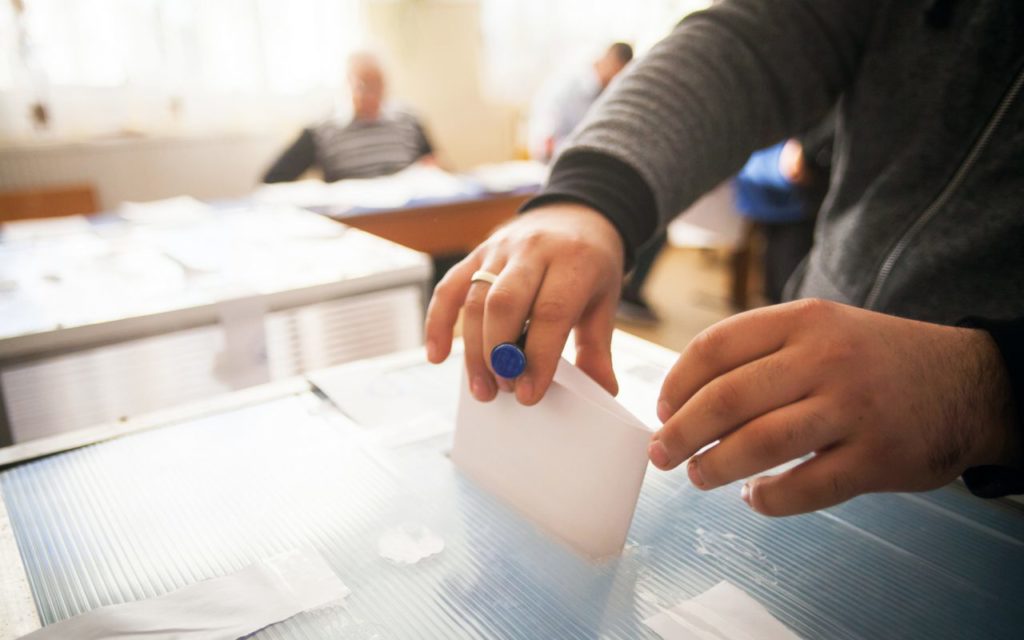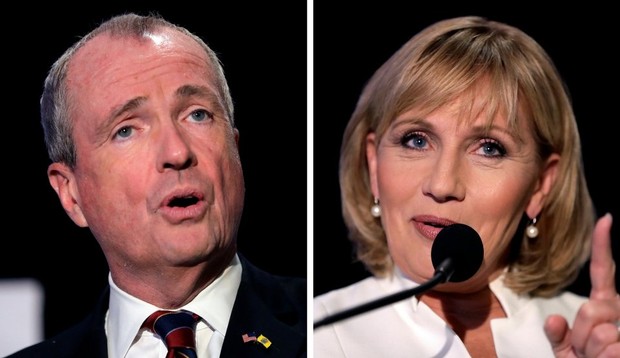WASHINGTON — Two very different groups have launched efforts against U.S. Sen. Cory Booker’s efforts to remove the federal ban on marijuana.
While Booker said he was moved to act because law enforcement unfairly targeted members of minority communities for using the drug, the organizations said that legalization in the states that so far have voted for it has not made any difference.
Instead, minority youth still are being disproportionately arrested for using marijuana when they’re under age, or being stopped for drugged driving, they said.
“We want to highlight the false promise that legalization of marijuana will serve social justice,” said Kevin Sabet, president and chief executive of Smart Approaches to Marijuana, an anti-legalization group whose advisers include former Rep. Patrick Kennedy (D-R.I.), a Brigantine resident who sits on the presidential opioid commission chaired by Gov. Chris Christie.
Separately, Colorado Christian University’s Centennial Institute launched a online petition drive against legalization.
“It’s a noble cause for Senator Cory Booker to seek to reduce incarceration rates among poor and minority communities but legalizing marijuana has had the opposite effect,” wrote Institute Director Jeff Hunt in a USA Today opinion piece. “Arrests are up. We still have a black market. And people are in danger.”
Booker spokesman Thomas Pietrykoski had no immediate comment.
Booker (D-N.J.), who has made efforts to overhaul criminal justice laws a top priority of his Senate tenure, announced his efforts earlier this month.
He said he was acting because more than half of all drug arrests involved marijuana, and blacks were almost four times more likely to be arrested than whites even though both groups’ marijuana use was the same.
Federal pot laws “divert critical resources from fighting violent crimes, tear families apart, unfairly impact low-income communities and communities of color, and waste billions in taxpayer dollars each year,” Booker said at the time.
Sabet, a former drug policy adviser for Presidents Bill Clinton, George W. Bush and Barack Obama, said the only beneficiaries will be the for-profit marijuana industry. and they will set up operations in minority communities that don’t have the political clout to block them.
“I would love to be able to talk to the residents of Newark and Camden,” Sabet said. “I bet they would rather have libraries and schools than pot shops. Folks in Morristown have the political power to be able to push back. Folks in Camden are less likely to have this power.”
He suggested “an education campaign focused on kids rather than give the marijuana industry what it wants.”
In Colorado, “there have been increases in marijuana-related traffic deaths, poison control calls, and emergency room costs,” according to the Centennial Institute petition.
Sabet said the group, which also counts former Clinton drug czar Gen. Barry McCaffrey among its advisers, also is ready to get involved if asked to oppose efforts in Trenton to legalize marijuana in New Jersey for recreational use. The state now allows marijuana use for medical purposes.
State Sen. Nicholas Scutari (D-Union) has introduced legislation that would make New Jersey the ninth state to legalize pot. The state would join Alaska, California, Colorado, Maine, Massachusetts, Nevada, Oregon, and Washington, and the District of Columbia.
“We do not want to see this corporate marijuana industry grow,” Sabet said. “This is the big tobacco of our time. We do agree on removing criminal penalties, expunging records, treatment over incarceration, but this move is a cover to allow commercialization.”
credit:nj.com













